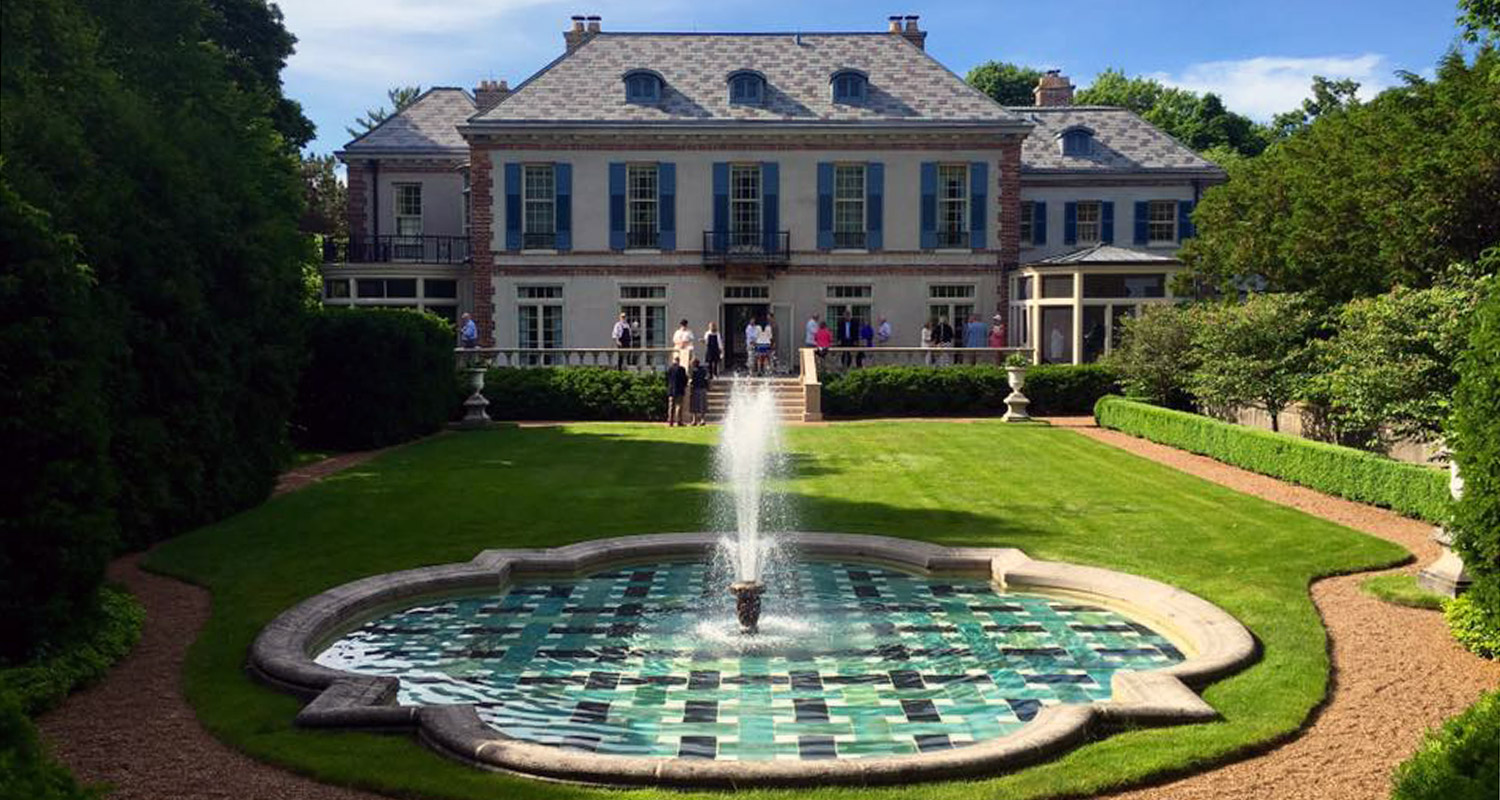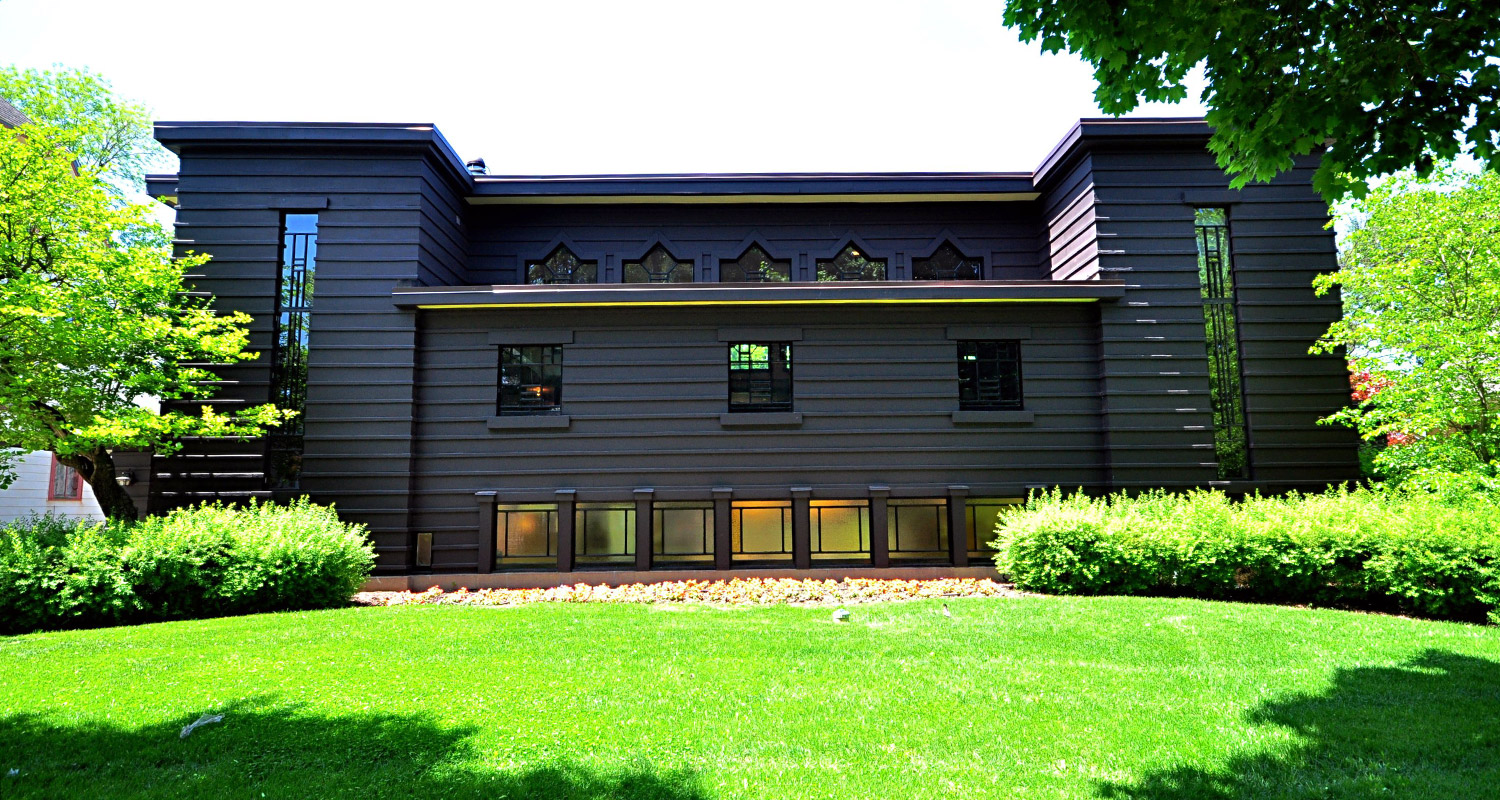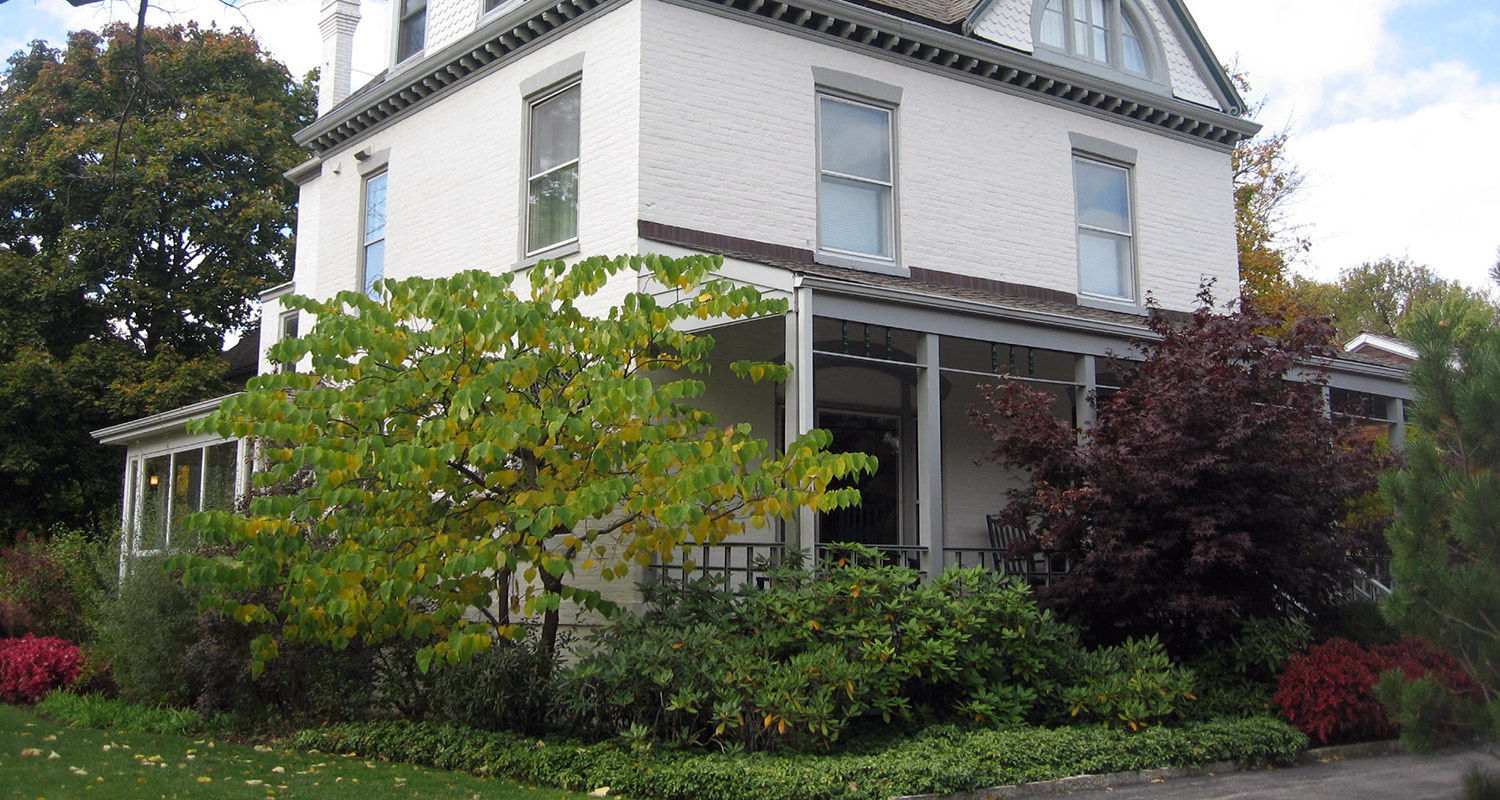CHARITABLE DONATION DEDUCTIONS
Recognizing that the story of America’s heritage is largely told through its architectural legacy, Congress passed legislation in 1980 to provide a federal income tax deduction to owners of historic properties who donate preservation easements to qualified organizations. (Congress reaffirmed the preservation easement program in 2006.) Eligible structures must be part of a local or National Register of Historic Places historic district or individually listed in the National Register of Historic Places.
Owners who donate a preservation easement to a qualifying nonprofit organization may be eligible for a charitable donation income tax deduction based upon an independent appraisal of the value of the easement. The determination of the allowable tax deduction is solely within the purview of the Internal Revenue Service. Prospective donors are encouraged to seek professional advice to determine the tax and legal consequences of a donation.
PROPERTY OWNER INFORMATION
Owners of properties protected by a preservation easement are required to obtain the approval of Landmarks Illinois before making alterations to the protected elements of the property. Please contact Landmarks Illinois prior to commencement of any work to ensure that proposed maintenance and alterations are in accordance with the easement agreement. If necessary, you will need to complete a Request for Alterations Form.
Landmarks Illinois’ Easement Committee, a group comprised of historic preservation professionals, reviews proposed alterations to easement properties at their monthly meeting, which typically takes place the first Thursday of the month. The Request for Alterations Form and any additional materials need to be received by Landmarks Illinois at least one and a half weeks prior to the meeting.
We encourage you to refer to Landmarks Illinois’ Illinois Restoration Resource Directory when looking to make repairs and alterations.
CONTACT
Contact Suzanne Germann, Director of Grants and Easements, at (312) 922-1742 or email sgermann@landmarks.org for more information.
RESOURCES



